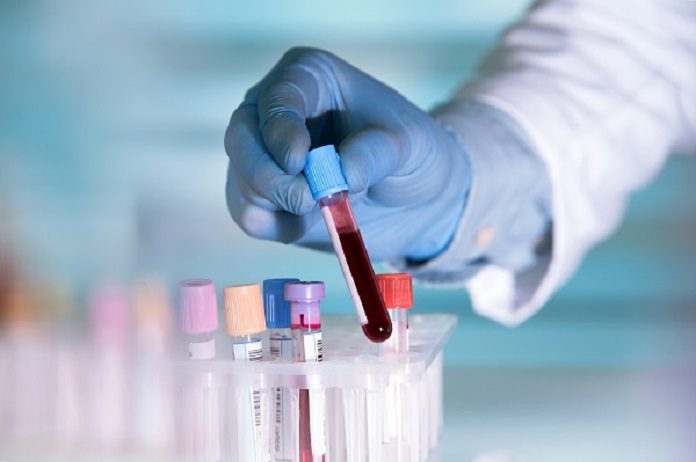Patients with heart attacks have cardiac myosin-binding protein C protein in high concentrations (cMyC) of the time for an on-the-spot diagnosis. Now, scientists at the King’s College London are developing a new blood test is being developed to offer a quick diagnosis in A&E departments without the need for samples to be sent to a lab.
The blood test analyses the level of a protein called cardiac myosin-binding protein C (cMyC), that increase more rapidly after a heart attack. It means the blood test preclude a heart attack to a higher extent of patients straight away.
Scientists took blood from 776 patients traveling to the hospital by ambulance in Denmark. Researchers based at King’s College London then tested these samples for cMyC protein.
Patients who had heart attacks have 95% higher levels of cMyC proteins. The cMyC test outperformed the existing troponin test, which was only capable of diagnosing around 40 percent of patients in this way.
Professor Jeremy Pearson, Associate Medical Director at the British Heart Foundation, said: “Big heart attacks are often easy to diagnose with an ECG but smaller heart attacks, which are more common and also life-threatening, are more challenging. The troponin test has been used for around 20 years and is currently the most powerful tool we have for diagnosing such heart attacks, but there is always room for improvement.
“These initial results with the cMyC test look very promising for patients, who could be more quickly diagnosed and treated or reassured and sent home. However, further research is necessary before it can be recommended as a replacement for the troponin test.”
Scientists are now planning to collaborate with industry to create a portable testing device to be used in UK A&E departments. A simple handheld device could replace the time-consuming processes involved in sending samples to the hospital labs for analysis.
The research is presented today at the British Cardiovascular Society conference in Manchester.
